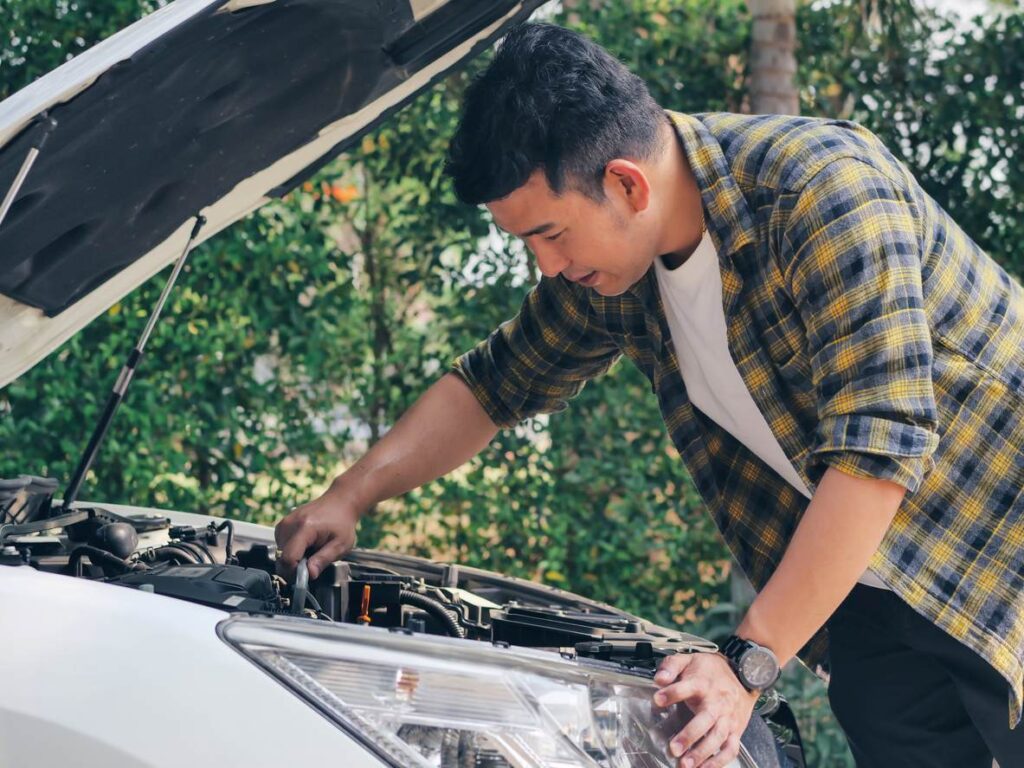Every part of your engine is important to your vehicle’s health in some way. Neglecting to fix a single worn out or damaged part could lead to bigger, more expensive repairs. While you may be familiar with pistons and gaskets, there’s one more part in your engine that you should be familiar with: your PCV valve. Whether you’ve never heard a PCV valve or aren’t sure how to take care of it, head to Kennedy Transmission. We provide a wide range of automotive services to keep your vehicle running smoothly.
What is a PCV Valve?
“PCV” stands for “positive crankcase ventilation.” It is a one-way valve attached to the crankcase. Your vehicle’s crankcase holds your motor oil, and is located at the bottom of your engine. It produces gases when your engine burns fuel. Before emission control devices, exhaust systems traditionally released the crankcase’s gases from the vehicle.
Sometimes, however, these gases sneak in between your engine’s pistons and into the crankcase. This can lead to the gases mixing with motor oil to create corrosive, engine-clogging sludge. Additionally, the gases that exit through the exhaust system damage the environment by polluting the atmosphere.
In order to prevent oil sludge from clogging up vehicles’ engines and to protect the environment from toxic gases, the PCV valve was created.
What Does a PCV Valve Do?
Essentially, a PCV valve controls emissions — it takes the gases produced by the crankcase and routes them back into your engine’s combustion chambers to be safely burned without harming your vehicle or the environment.
While gases can exit the crankcase through the PCV valve, they cannot return into it. This prevents the crankcase from developing engine-damaging oil sludge. Additionally, a properly cared-for PCV valve can give your engine a little more power by helping the crankcase and piston rings improve your chamber’s compression.
When Should I Replace my PCV Valve?
Unlike changing your battery or oil, there is no set time frame to replace your PCV valve. As long as it is functioning properly, you don’t need to replace it. Over time, however, the gases flowing through your PCV valve leave traces of oil that can clog it up. Be sure to look out for symptoms of a damaged PCV valve, including:
- Blown out seals or gaskets
- Sludge around your engine
- Noticeable oil leaks
- Your check engine light is on
- Whistling noises coming from the engine
To check your PCV valve’s health directly, you have to remove it from the engine and shake it. You can typically find it attached on a valve cover at the end of a hose or tube in your engine. If you shake your PCV valve and hear the metallic rattling noise of it opening and closing, it is likely working well. If it doesn’t make noise, it’s possible that gas deposits have gummed up and sealed it close.
Additionally, if your vehicle is idling roughly, your PCV valve could be to blame. Rough idling due to a damaged PCV valve, unfortunately, is often misdiagnosed as more expensive issues. Save yourself time and frustration and contact Kennedy Transmission to get help from the experts.
Let a Kennedy Specialist Take Care of Your PCV Valve
Don’t let this tiny engine part cause you a huge headache. Whether you just want to check the health of your PCV valve or need to replace it, Kennedy Transmission’s trained specialists can give you peace of mind.
When it comes to your vehicle’s health, every engine part matters. Prevent more expensive engine repairs by taking care of your PCV valve. Stop by one of our shops today for the excellent customer service and vehicle care that you deserve.

